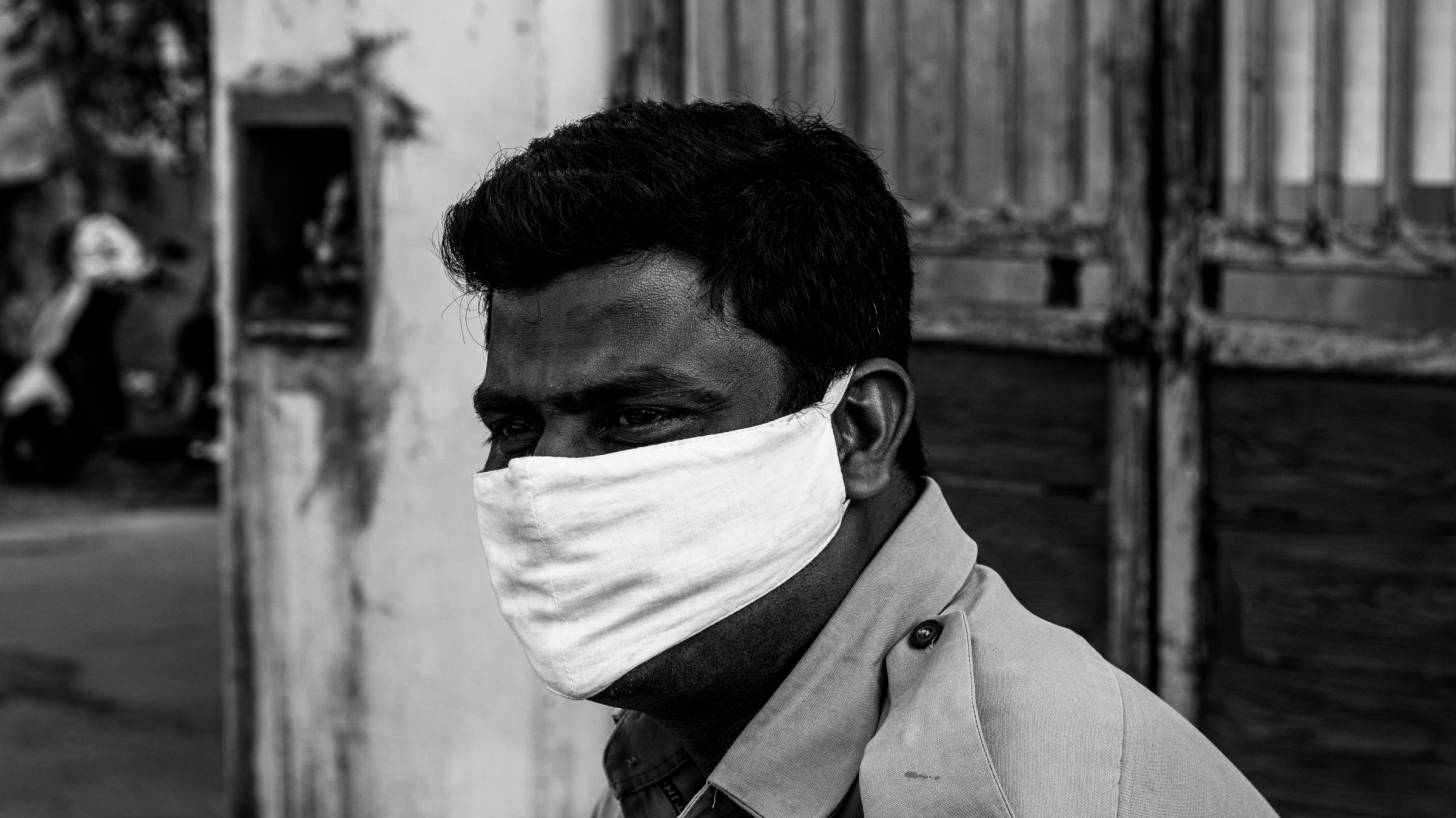RA Drug Reduces Mortality Risk in Severely Ill COVID-19 Patients

The results of a recent clinical trial conducted in hospitals across India found an anti-inflammatory drug used to treat rheumatoid arthritis improves health outcomes in severely ill COVID-19 patients.
Published in The Lancet Respiratory Medicine on March 4, 2021, researchers from the University of Bristol and Medanta Institute of Education and Research in India found evidence supporting the use of Tocilizumab (Actemra) in critically ill patients.
Analysis of the study’s data revealed a subset of patients with severe disease in whom tocilizumab might have a reduced risk for progression to death if treated with tocilizumab in addition to standard care.
However, clinical parameters or biomarkers to reliably identify these patients and the optimal timing of treatment during COVID-19 progression remain unknown.
The study authors concluded that while this study does not support the routine use of tocilizumab in adults with COVID-19, it adds to the growing evidence suggesting it may help some severely ill patients.
The trial's co-author, Professor A. V. Ramanan from the University of Bristol's School of Clinical Sciences, and Consultant Paediatric Rheumatologist at Bristol Royal Hospital for Children, said in a related press release, "Our study suggests tocilizumab might still be effective in patients with severe COVID-19 and so should be investigated further in future studies.”
“It adds to existing evidence from the RECOVERY and REMAP-CAP studies which demonstrate that tocilizumab does have a significant impact on reducing mortality in those with COVID-19 requiring oxygen or being ventilated.”
"After dexamethasone (steroids), this is still the most significant advance in the treatment of COVID that has an impact in reducing deaths."
Lead author Dr. Arvinder Soin, Chairman of the Medanta Liver Transplantation Institute at Gurugram, India, said: "While there were no differences in mortality and the need for ventilation among the two groups of patients when moderate and severe categories of patients were considered together, a subgroup analysis of the severe patients in the two groups showed lower mortality at 28 days (8/50; 16 percent) among those who received tocilizumab compared to those who did not (14/41; 34 percent). The reported adverse events did not differ between the tocilizumab and standard care arms.
"Given the conflicting results of the previous studies, millions were wasted last year on the indiscriminate use of tocilizumab, as the precise stage of the disease in which to use the drug was not clear.”
“This study plugs an important gap in knowledge on COVID treatment and clarifies that tocilizumab should be administered to patients in the severe category. Incidentally, last month, two major studies from the UK - the RECOVERY Trial and the REMAP-CAP study - have revealed similar findings, that tocilizumab reduces mortality among patients with severe COVID-19."
Conducted in 12 public and private hospitals across India, the COVID India Tocilizumab (COVINTOC) phase 3 randomized controlled trial aimed to investigate whether tocilizumab could prevent disease progression and mortality in hospitalized patients with moderate to severe COVID-19.
The study team recruited 180 patients (age 18-years and over) who had been hospitalized with moderate to severe COVID-19. Of these, 89 patients were randomized to receive standard care, and 91 patients were randomized to receive standard care plus tocilizumab.
Patients were followed up over 28 days to record any clinical improvement markers and assess disease progression from moderate to severe or from severe to death. The team also recorded whether patients experienced adverse events, serious adverse events, and post-treatment infections, and requirements for renal replacement drugs.
The trial was conducted against incredible odds across multiple sites under challenging conditions in a country with the second-highest COVID-19 caseload in the world.
The study was funded by the Medanta Institute of Education and Research, Roche India, Cipla India, and Action COVID-19 India.
Actemra was the first humanized interleukin-6 (IL-6) receptor antagonist approved for treating adult patients with moderately to severely active rheumatoid arthritis who have used one or more disease-modifying antirheumatic drugs that did not provide enough relief. The U.S. FDA approved Actemra in 2010.
PrecisionVaccinations publishes research-based news.
Our Trust Standards: Medical Advisory Committee

























